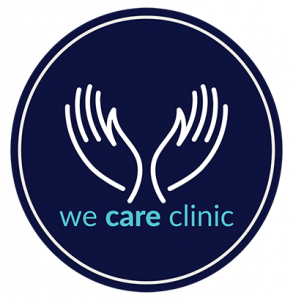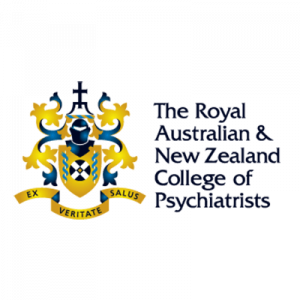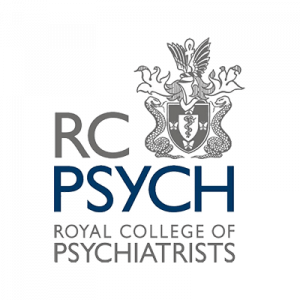Attention-Deficit/Hyperactivity Disorder (ADHD)
ADHD condition is characterised by attention deficits, hyperactivity and impulsivity and can run in families. About 3 % adults have ADHD.
Causes include genetic factors, traumatic/delayed birth, brain injury, exposure to alcohol or nicotine before birth.
ADHD Symptoms and signs
Agitation, being fidgety, poor memory, being disorganised, being abrupt, interrupting conversations, poor time management, difficulty prioritising tasks, extending deadlines, being distracted and distracting others, poor concentration, missing appointments.
Diagnosis is established based on a comprehensive assessment which involves taking a detailed history and is seen by a psychiatrist after a referral is made by the GP. This involves a series of clinical reviews where comprehensive history is taken, observing patient’s behaviour, use of rating scales, obtaining some collateral information and reviewing school reports.
Treatment includes
- Medications (stimulants/non stimulant preparations)
- Psychology
With appropriate treatment, symptoms can resolve. In very severe cases where a complete recovery cannot be achieved, symptoms can reduce in intensity with medications thus improving one’s level of functioning. At school, giving extra time for assignments will help students having ADHD.
These symptoms cause significant problems in social or work situations, social isolation, agitation, aggressive outburst, breakdown of relationships, disruption of daily activities, alcohol and drug use.
Compliance with medications, establishing good sleep hygiene, engaging with your psychiatrist, exercise, understanding your early warning signs/ relapse signatures, avoidance of drugs and alcohol will all go a long way in maintaining positive health and may help avoiding relapses. Research shows that meditation, spending time outdoors can ease ADHD symptoms. Avoiding certain allergens and food additives helps too. In some very severe cases, the above will help in reducing the intensity and frequency of symptoms.
Complications include loss of work, breakdown of relationships, social isolation, drug and alcohol use, suicidal thoughts and behaviour, agitation, depression, poor performance at school.



